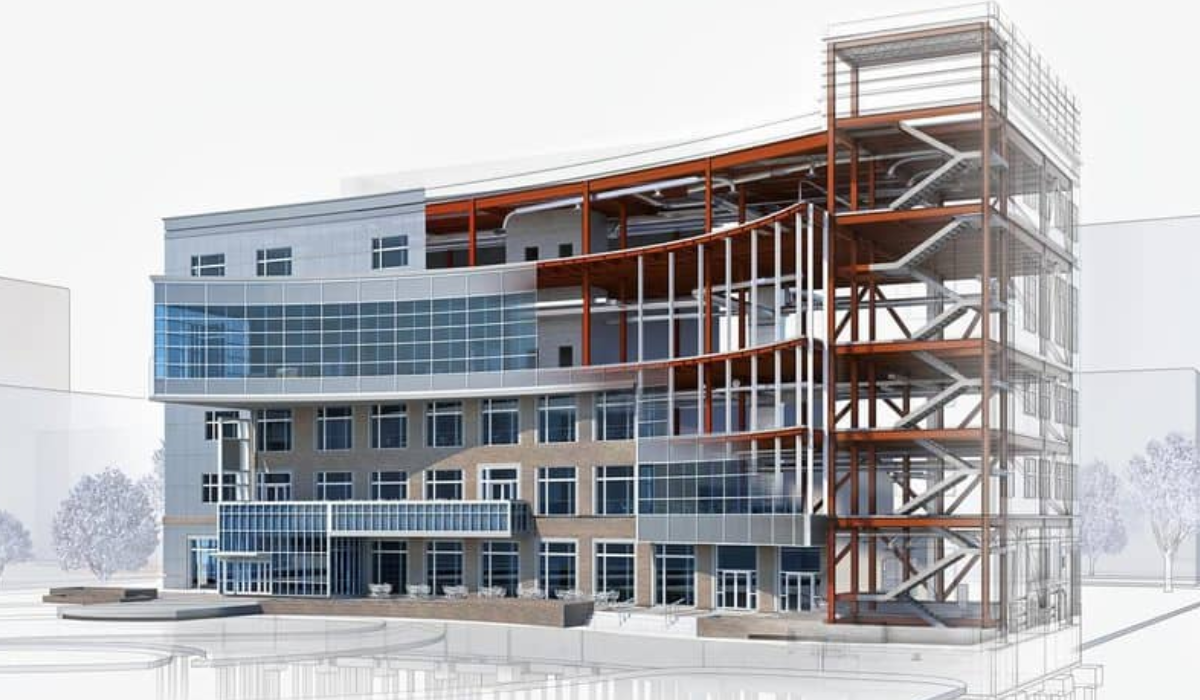Digital Twins in Biotechnology: How They Are Transforming the Sector
Digital twins in biotechnology are revolutionizing the sector.ctor. This technology, which began in areas such as manufacturing and engineering, has found fertile ground in biotechnology and biomedicine. But what exactly are digital twins, and how are they transforming biotechnology? This article explores how this technology accelerates drug development, improves clinical trials, and promotes personalized medicine.
What Are Digital Twins?
The Digital twins are virtual representations that replicate physical world objects, systems, or processes in real time. These replicas use live data, collected by sensors, to simulate, predict, and optimize the behavior of the original without the need to intervene in the real world. In the industrial sector, digital twins have been used to optimize machinery and production processes, but in biotechnology, their applications are making a significant impact on the way biotechnological products are developed and manufactured. Let’s explore how they are transforming the sector:
Applications of Digital Twins in Biotechnology

1. Drug Development
Digital twins in biotechnology have proven to be a key tool in the process of creating new medicines. By virtually simulating human organs and tissues, this technology allows for faster and safer preclinical trials, reducing the need for animal testing. Digital twins accelerate the identification of potential adverse effects of compounds, optimizing drug development from the earliest stages.
2. Clinical Trials
Clinical trials are essential for validating the efficacy and safety of new treatments. However, this process is often costly and lengthy. Here, digital twins allow for the creation of virtual models of patients, simulating how they would respond to a treatment. This not only optimizes the design of clinical trials but also helps predict outcomes before human intervention, reducing risk and speeding up the commercialization of products.
3. Personalized Medicine
Patient digital twins, based on genomic and medical data, enable the creation of personalized treatments. This approach allows for the prediction of disease progression and the design of tailored therapies, adapted to the specific needs of each individual. Instead of applying generic treatments, doctors can simulate different therapeutic scenarios in the patient’s digital twin, thus optimizing clinical decision-making.
Transformation of the Biotechnology Sector
Body Acceleration of Innovation
Digital twins allow for the safe and risk-free testing of new ideas and technologies. This has accelerated the innovation process in biotechnology, as companies can quickly identify the most effective strategies without the high costs associated with physical experiments.
This is how digital twins are transforming biotechnology by improving the precision and speed of drug development, optimizing clinical trials, and enabling personalized medicine. Their ability to replicate the behavior of complex systems without the need for physical intervention is revolutionizing the way biotechnological products are developed and manufactured.
JOIN THE NEW REALITY!



